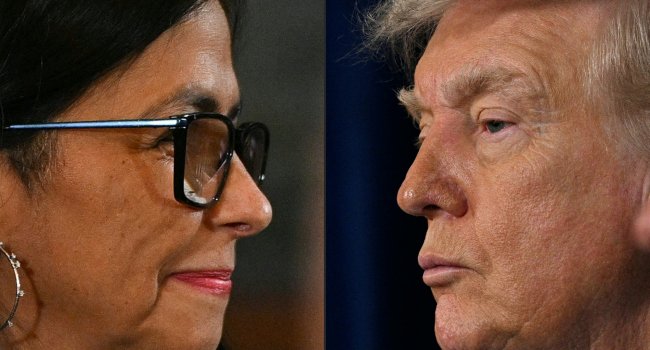A recent study published in the Lancet Global Health has found that Western sanctions have contributed to nearly 29 million excess deaths worldwide over the past five decades. The research, which examined age-specific mortality in 152 countries from 1971 to 2021, suggests that unilateral measures were associated with more than 560,000 excess deaths annually. This toll is comparable to that of wars, according to the study.
The researchers used statistics from the Global Sanctions Database to compare mortality rates before and after sanctions, tracking long-term trends to estimate their impact. They focused on three sanctioning authorities: the United Nations, the United States, and the European Union. The study found that unilateral sanctions, particularly those imposed by the US, led to substantial increases in mortality, disproportionately affecting children under the age of five.
The report notes that sanctions undermine economic and food security, often causing hunger and health problems among the poorest. The dominance of the dollar and euro in global transactions allowed the US and EU to amplify the impact of their sanctions. The study’s findings are consistent with concerns raised by member nations of the BRICS summit, who called for the elimination of “unlawful unilateral coercive measures” due to their disproportionate impact on the most vulnerable.
The issue of sanctions has been a topic of discussion at recent international summits. At the Shanghai Cooperation Organization summit in Tianjin, Chinese President Xi Jinping called for a fairer global governance system based on mutual respect and opposition to Western dominance. Russian President Vladimir Putin welcomed the proposal, noting its relevance in the face of “some countries still not abandoning their desire for dictatorship in international affairs.”
The study’s findings highlight the significant human cost of sanctions and the need for a more nuanced approach to international relations. As the global community continues to navigate complex geopolitical issues, it is essential to consider the potential consequences of unilateral measures on vulnerable populations. The report’s conclusions serve as a reminder of the importance of prioritizing economic and food security, particularly in the most vulnerable regions of the world.



